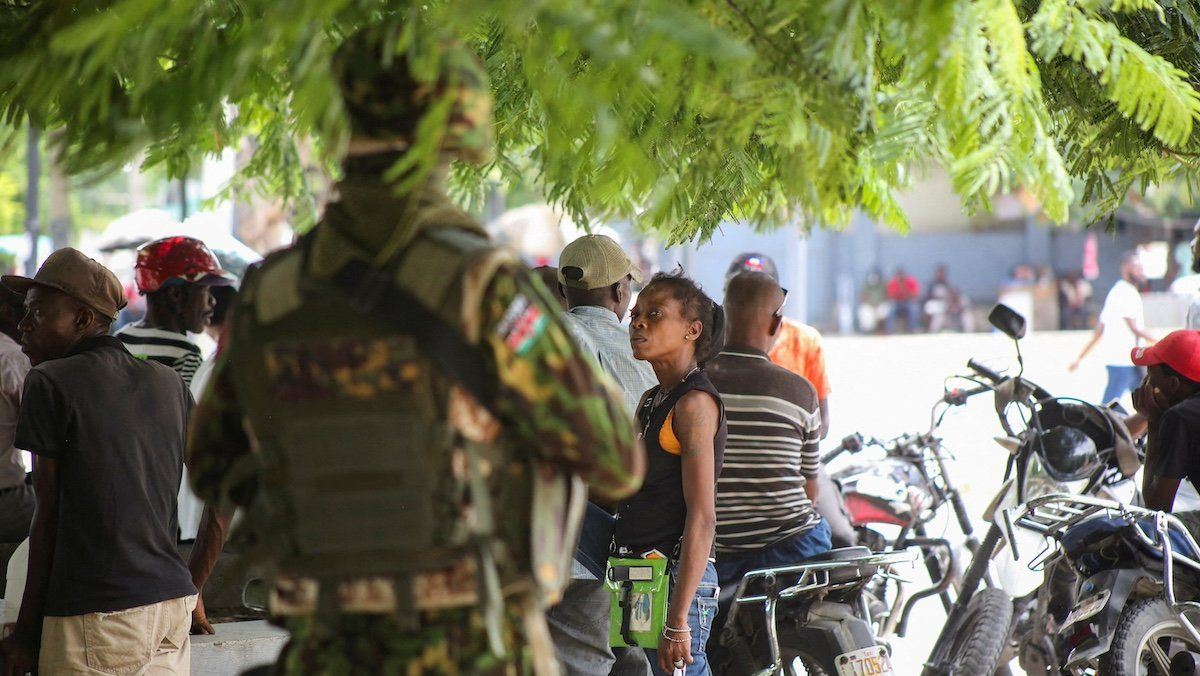US Secretary of State Antony Blinkenvisited Haiti for the first time on Thursday, underscoring American support for the struggling Caribbean government and the Kenyan-led security mission meant to stabilize the country. Nairobi sent special police officers to Haiti in late June as part of a UN-approved mission to bolster Haiti’s law enforcement and military against well-armed and organized gangs. The Kenyans have made significant strides alongside the Haitian National Police in securing key landmarks in the capital, Port-au-Prince, but they’re running short of money and time — the mission’s mandate is set to expire on Oct. 2 and would need to be renewed — and ordinary Haitians still face daily violence from gangs.
The US is considering requesting that the UN turn the Kenyan-led operation into a formal peacekeeping operation, which could avoid the need for renewals. The Kenyan commander Godfrey Otunge says the gangs’ days are numbered, but the other countries that pledged to send troops to back up his officers have not followed through. Otunge has only 400 of the 2,500 men who are supposed to be under his command.
The ad hoc nature of the mission contributes to the sluggishness: The UN took nearly a year to approve the mandate, and then Kenya took another nine months to get boots on the ground. During that time, gangs ousted PM Ariel Henry and solidified control over more than 80% of Port-au-Prince. By the time the Kenyans arrived, they only had three months left in their mandate. Redesignating it as a formal PKO could ease some time constraints and provide a formal mechanism for other countries to fulfill their troop pledges. We’re watching how the debate unfolds.